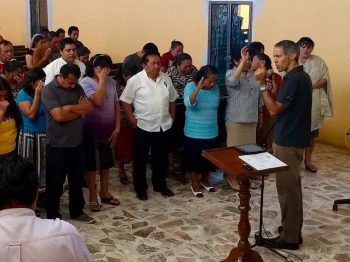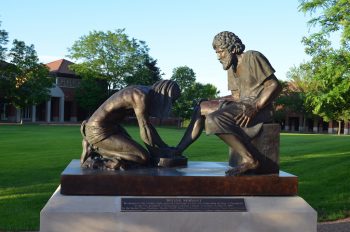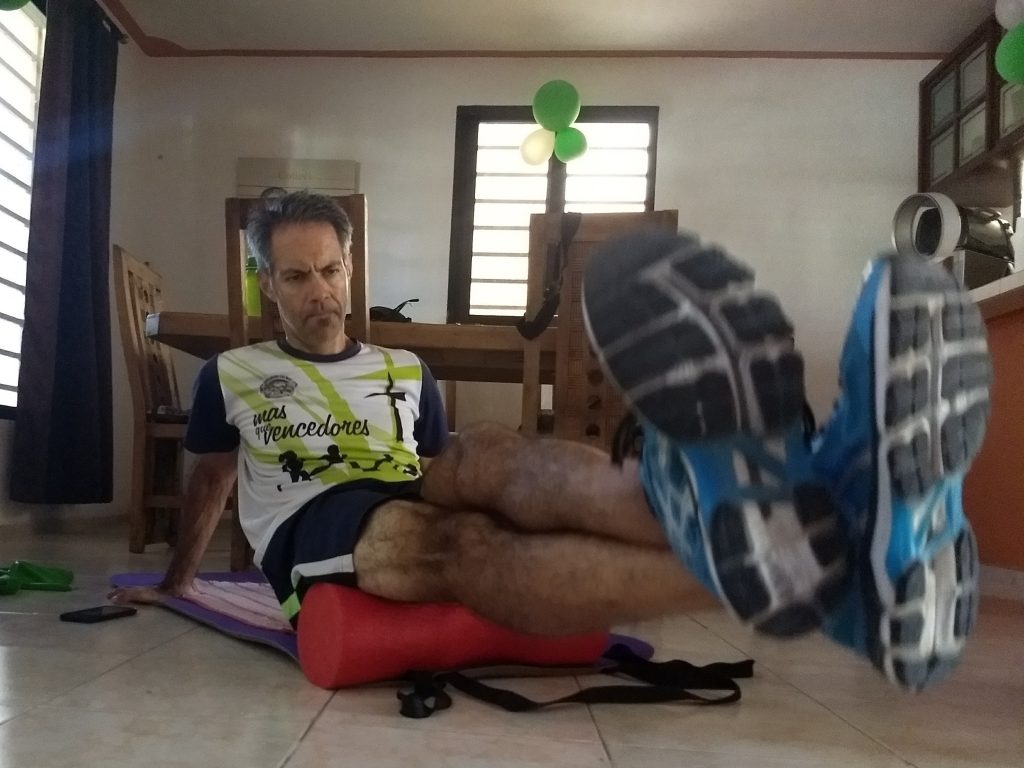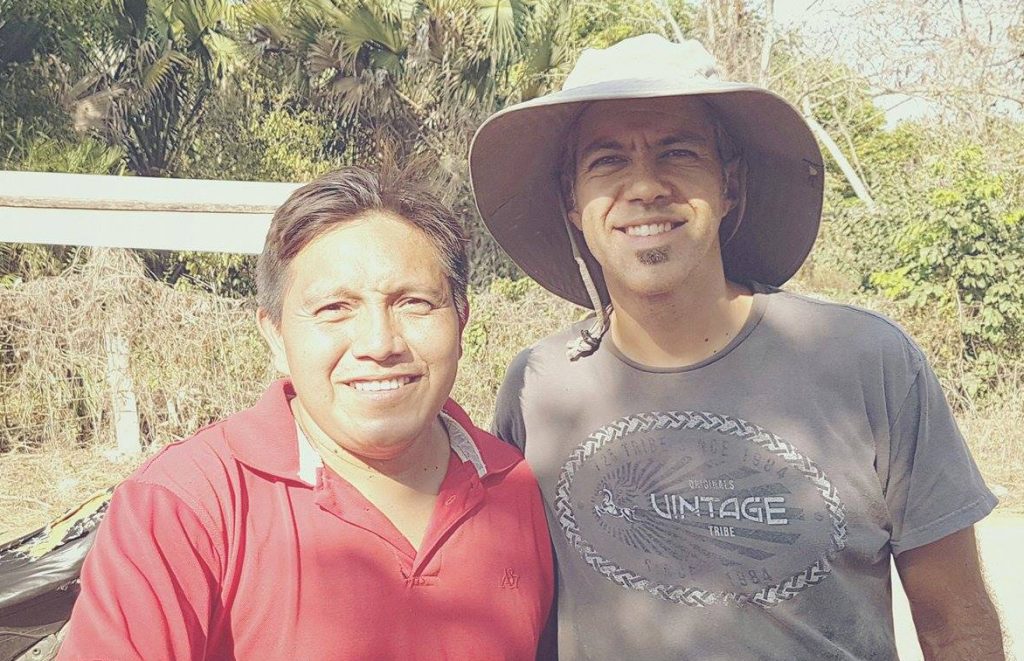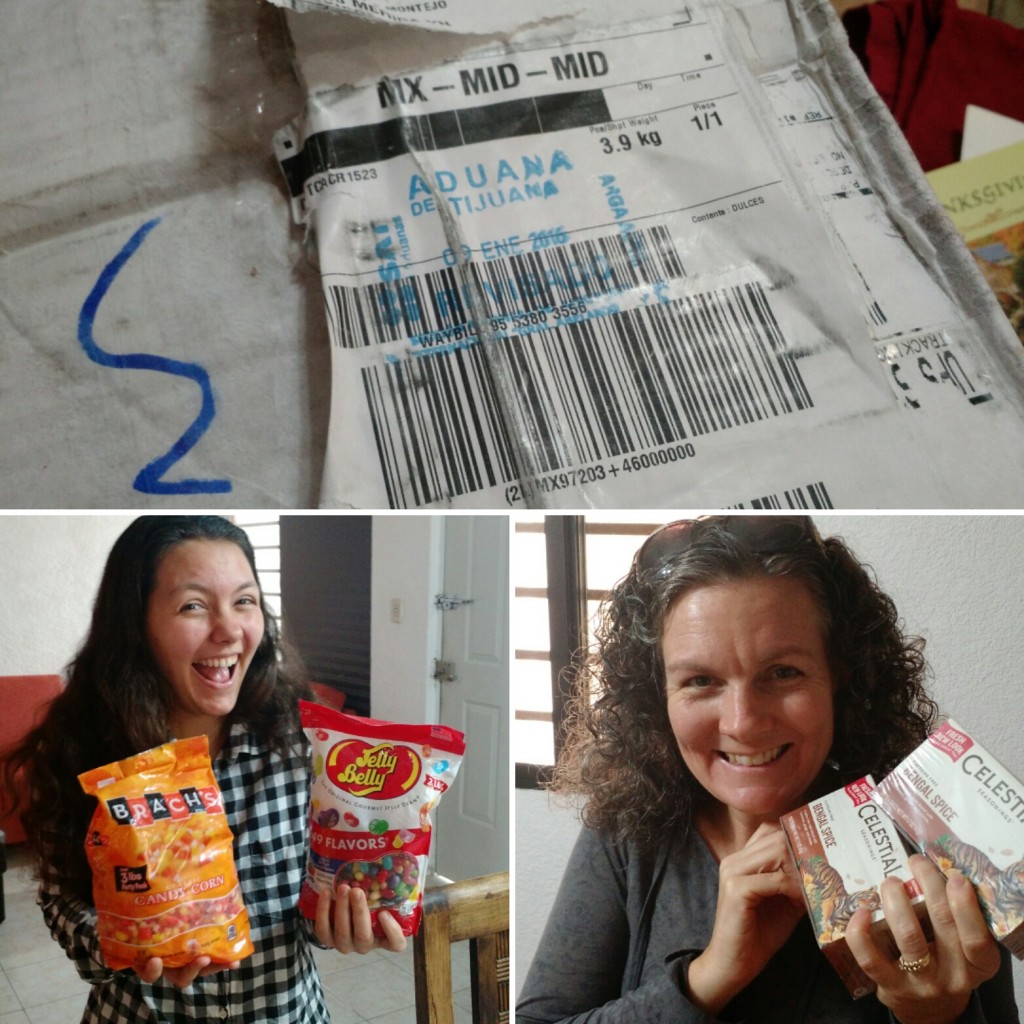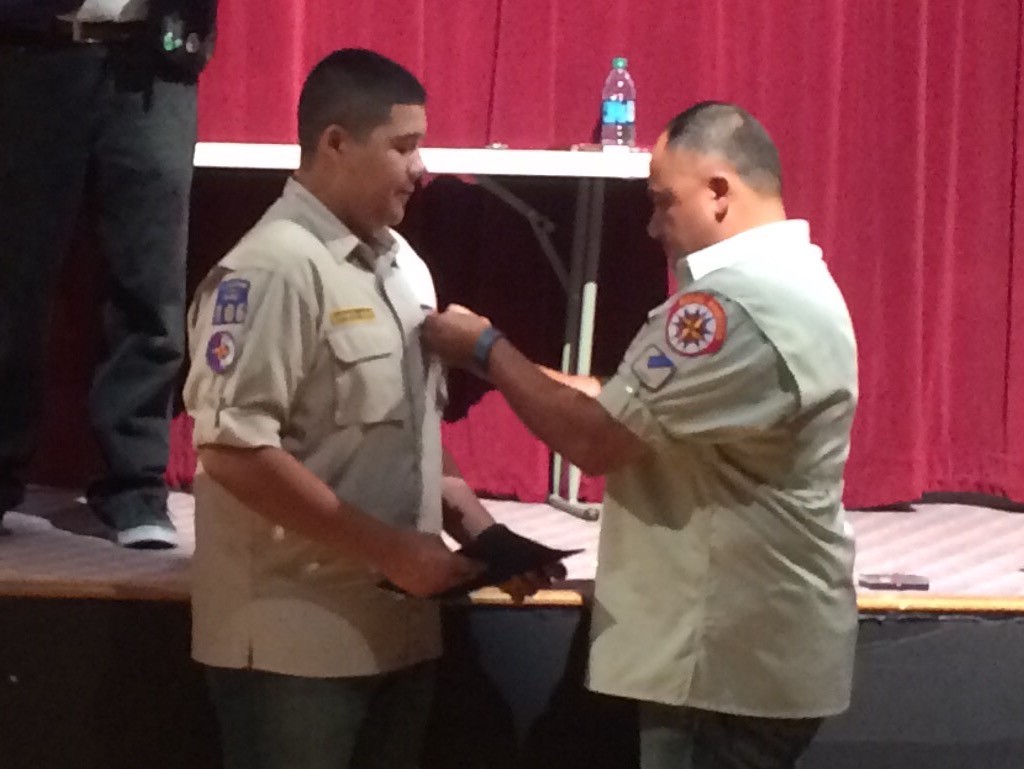 This week, we’ve been working through the Spiritual Discipline of Confession as explained in Richard Foster’s book Celebration of Discipline. Yesterday, I talked about my preparation for the actual practice of the confession. Today, I recount the experience. My hope is that, as others read of my account they will be encouraged to walk through their own exercise of confession.
This week, we’ve been working through the Spiritual Discipline of Confession as explained in Richard Foster’s book Celebration of Discipline. Yesterday, I talked about my preparation for the actual practice of the confession. Today, I recount the experience. My hope is that, as others read of my account they will be encouraged to walk through their own exercise of confession.
I found, first of all, that the anticipation of the event of giving my confession was in itself a motivation towards the deep work of reflection. The Greek Philosopher Socrates said that the unexamined life is not worth living. Paul tells us to “test ourselves to see if we are in the faith.” Nevertheless, we tend to rush ahead into our days, weeks, months, and even years, barely pausing to catch our breath, so wrapped up in what’s coming, that we rarely, if ever, reflect on what we have done or the effect it may have had on others.
The preparation for the practice of confession caused me to think deeply about my experiences and ask the Lord to reveal that which needed to be recalled, mourned, confessed and forgiven. He did not fail me in this exercise. As I spent the time to recall what I had done, he was faithful to bring to mind the sins both of comission and omission that needed to be addressed in my time of confession.
But the time of confession was not simply an exercise of writing out my past sins as one would write out a list of chores to accomplish or groceries to buy. It was, as well an exercise of comprehension, of understanding of what those sins had meant, not only in the in the moment when they occurred, but also how they had affected my life as a whole and my relationships both with God and others. In that, I found confession to be a catalyst for the production of genuine sorrow. The tears flowed on more than one occasion, both as I prepared and as I shared as I came to understand the profound effect of my failures, shortcomings, and willful disobedience.
Still, my time of confession was more than simply a time for tears, it was for me a pathway for the achievement of true relief. As I spent the hour with my confessor, my first and only act of confession so far as an Evangelical Christian, there was a comfort that I felt as I shared with him what the Lord had revealed to me during my time of preparation. Although I am sure that I had confessed each one of those sins privately prior to our meeting, sharing what I had done with another human being made the confession more tangible, more concrete. The activity of my confessor was truly priestly. He served as an intermediary physically listening, understanding, and responding to the words that I spoke audibly which were previously only confessed in my mind or in whispers.
In the act, I was comforted by the seriousness and respect with which he took up the matter. He gave me his full attention. He listened and commented appropriately as I spoke of the my failures along the pathway of life, be them the routine selfish actions or the isolated incidents that the Spirit had brought to my remembrance over the past 3 days of reflection. His questions were not to pry but to clarify, helping me to reveal that which had been burdening my heart. He brought grace to the meeting by not rushing my response, waiting for me to compose myself when the tears flowed. By the time that he spoke the words of 1 John 1:9, It had become more than a cathartic experience with a stranger behind a curtain, it was the embrace of a brother, loving me in all my imperfection and granting me the assurance that Christ’s work was more than sufficient to cover even the sins I had been unable to recall.
In the end, my time of confession was more than a time of reckoning with the past, it was also a reorientation toward the future. The act of confession and the confirmation of my forgiveness gave me a liberty to embrace radical repentance. With nothing to hide or repress, I am now free to engage fully in my relationship with God and others. With the pardon spoken and received, I am able to live openly, no longer hiding myself from scrutiny, no longer telling myself, “If they truly knew me, they would think differently about me.” If my true self has already been revealed, evaluated confessed and forgiven by God, why do I need to fear from the criticism of others?
This, of course was a personal experience, one informed by the other disciplines in which I have already engaged. My own future experiences may not be nearly so special. Yours may not have the profound effect that mine has had due to your own prior experience in spiritual formation. Still, as I move on from here, I feel convinced that personal evaluation, continued accountability, and corporate confession is worth adding to my routine spiritual hygiene. I hope your experience with confession might at least leave you with the feeling that it was worth it to made the effort to complete the exercise.
Do you have a question about my experience or an experience of your own to share? Perhaps you’d like to make a comment about the Discipline of Confession. Why not leave one in the section below. I’d love to hear it.
Photo credit: “Confessions about confessionl” from pallottines.ie utilized in accordance with a Creative Commons 4.0 license.

